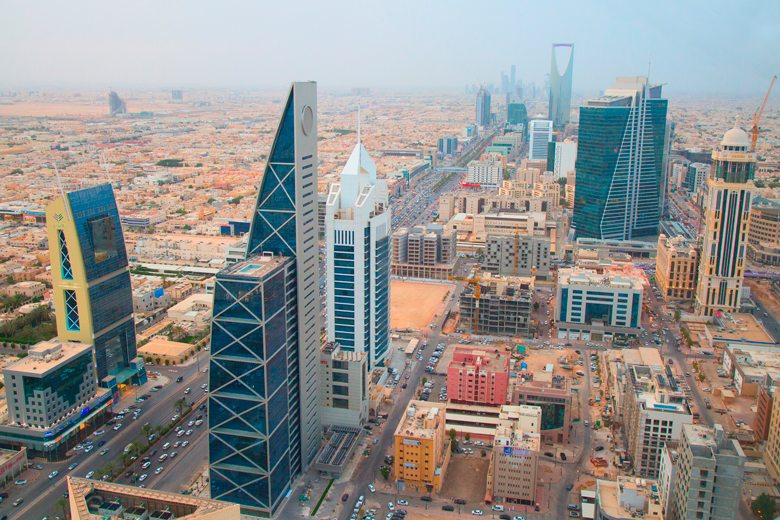

Riyadh has released a budgetary statement for the third quarter of this year. Although still running a deficit of SR48.7bn ($13bn), the Quarterly Budget Performance Report shows that government revenues and expenditure have increased when compared to the third quarter of 2016.
Total revenues for the third quarter amounted to SR142.1bn ($38bn), an increase of 11 per cent when compared to the same period last year.
Non-oil revenues during the third quarter of this year totalled SR47.8bn, an increase of 80 per cent when compared to the third quarter of 2016.
Total expenditures increased 5 per cent to SR375.8bn when compared to the same period last year. Social sectors such as education, health, social development and municipal services accounted for 44 per cent of the third quarter spending.
Revenues also increased for the first nine months of the year. They totalled SR450.1bn, an increase of 23 per cent when compared to the same period of 2016. Expenditure for the first nine months reached SR5716bn, which was a slight increase of 0.4 per cent when compared to the first three quarters of 2016.
The deficit for the first nine months of the year was SR121.5bn, a decrease of 40 per cent when compared to the same period of last year.
For overall economic performance, Saudi Arabia’s economy contracted at a steeper pace during the third quarter of this year when compared to the previous quarter according to Capital Economics’ GDP tracker for the kingdom.
The London-based firm says the weakness in the Saudi economy is largely concentrated in the oil sector, which contracted about 3 per cent during August on a year-on-year basis. The non-oil sector has struggled to gain momentum and has shown little sign of improvement on the growth of 2 per cent that it registered in the second quarter of this year.
Looking forward, Capital Economics says the worst of downturn may be over, although the recovery will be slow. The firm expects the Saudi economy to grow at 0.1-1.3 per cent in 2018-19. Economic reforms including value-added tax and further subsidy cuts are due to be introduced and these measures will drive up inflation reducing disposable incomes and dampening consumer spending.
The Washington-based IMF said in early October that Riyadh should aim to balance its budget by 2022 rather than the 2019 target date set out in Riyadh’s Fiscal balance Programme.
The IMF projects that the fiscal deficit will narrow substantially in the coming years. It is expected to decline from 17.2 per cent of GDP in 2016 to 9.3 per cent of GDP in 2017 and to just under 1 per cent of GDP by 2022.
You might also like...

Rainmaking in the world economy
19 April 2024

Oman receives Madha industrial city tender prices
19 April 2024

Neom seeks to raise funds in $1.3bn sukuk sale
19 April 2024

Saudi firm advances Neutral Zone real estate plans
19 April 2024
A MEED Subscription...
Subscribe or upgrade your current MEED.com package to support your strategic planning with the MENA region’s best source of business information. Proceed to our online shop below to find out more about the features in each package.





